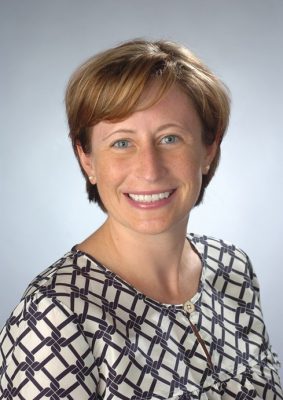Bringing History to Life: How Larry Swiader ’89, G’93 Blends Storytelling With Emerging Technology
Instructional design program alumnus Lawrence “Larry” Swiader ’89, G’93 has built a career at the intersection of storytelling, education and technology—a path that’s taken him from the early days of analog editing as a student in the S.I. Newhouse School…



 Q: What is the “State of the Science” in adult autism?
Q: What is the “State of the Science” in adult autism?